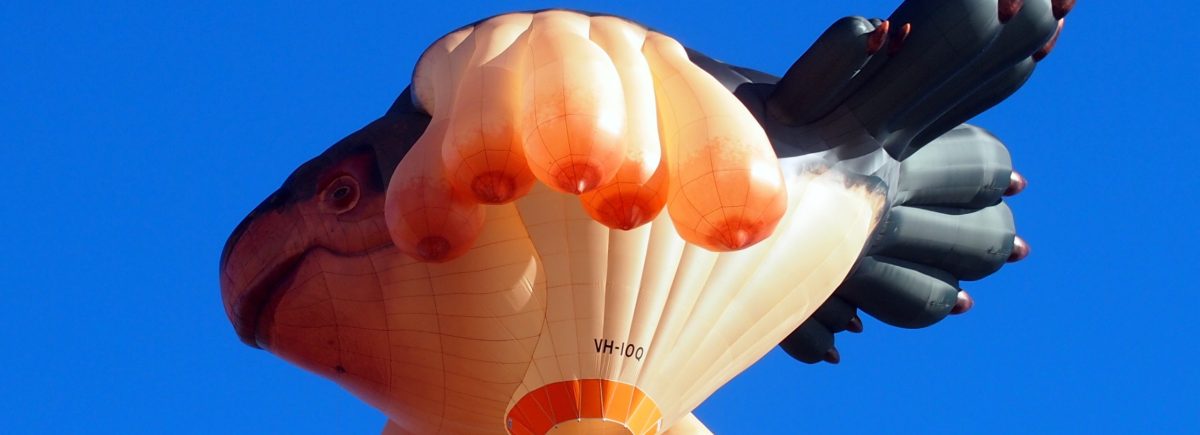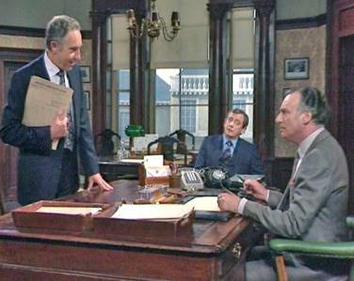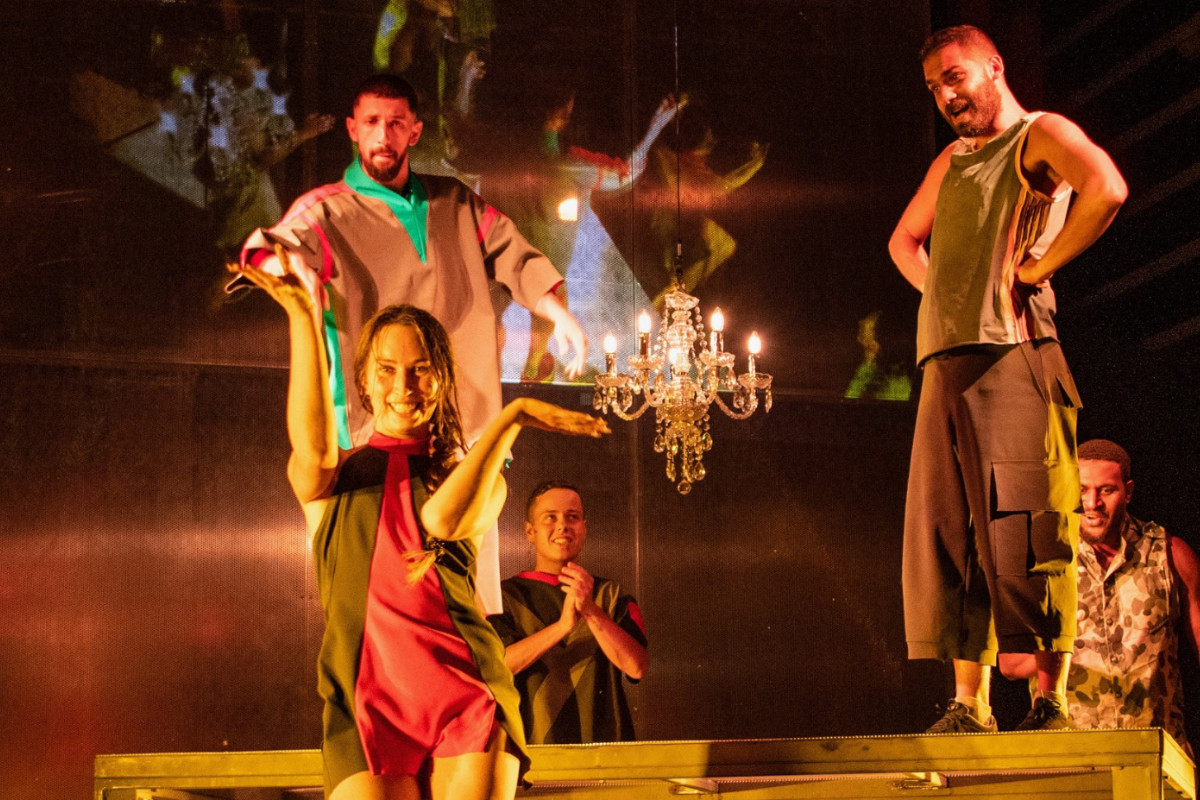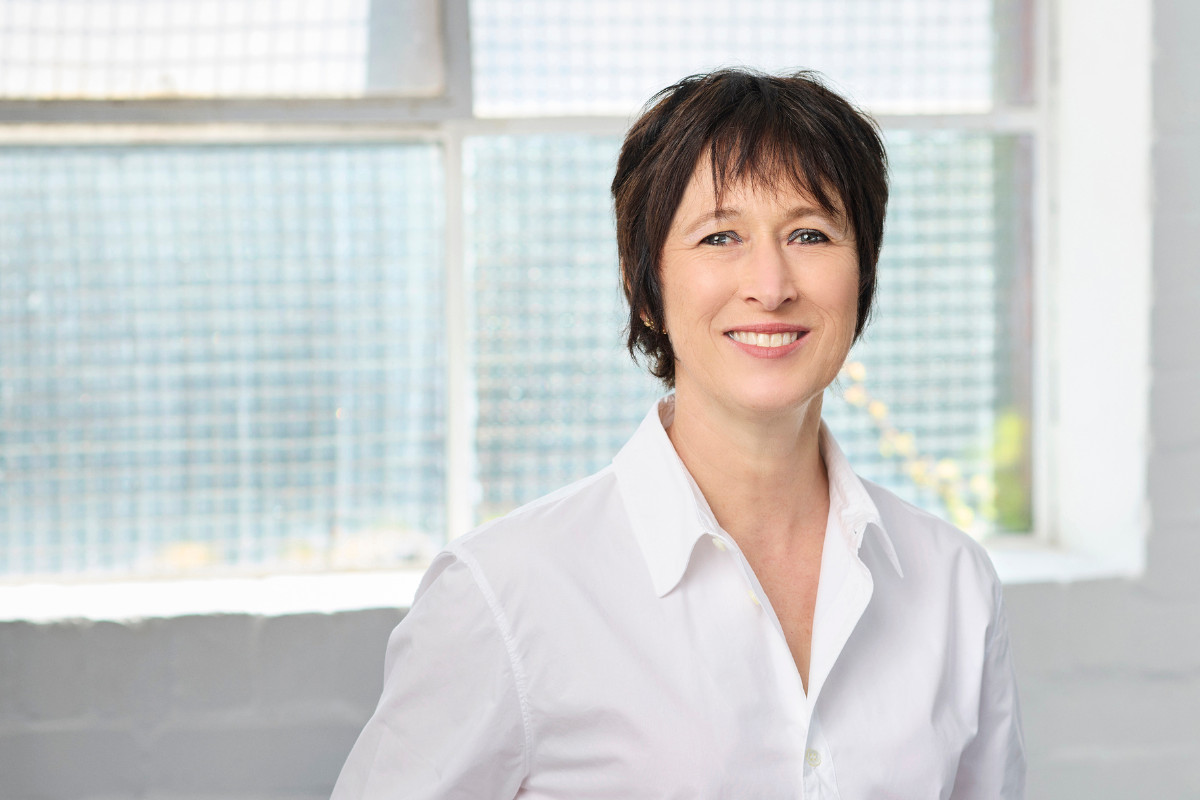
More than forty years ago, in the TV spoof Yes, Minister, Jim Hacker and Sir Humphrey Appleby discussed the role of government in supporting the arts. Here’s part of their exchange.
HACKER: Let us choose what we subsidise by the extent of popular demand. Nothing wrong with that; it’s democratic.
APPLEBY: But Minister, [w]hat would happen to the Royal Opera House on such a basis, the summit of our cultural achievement?

HACKER: The Royal Opera House is the Establishment at play. Why should the workingman on the terraces foot the bill for the gentry in the stalls?
This nicely encapsulates some issues that are still with us, indeed, are still contested. Who pays for the arts? Which arts do they pay for? What roles do the arts play in the life of the community?
On Wednesday, 13 November, we will assemble four experts on the Australian arts scene to ventilate these issues. Click here for more information and for ticketing.
The Guardian’s arts journalist, Kelly Burke will serve as moderator, with, as panellists,
- Lyndon Terracini (former Artistic Director of Opera Australia)
- Ian Walker (former Queensland Minister for the Arts), and
- Karen Hands (Creative Industries lecturer at the University of the Sunshine Coast).
All are deeply embedded in and critically aware of the challenges and opportunities endemic to the sector.
Is deteriorating discourse making good policy harder?
This event will be a dialogue in a specific sense, associated with the Australian Dialogues, an organisation that aims to demonstrate that productive discussions can still be had between people with opposing or widely divergent views, and support other organisations to do similar, pushing back against the polarisation and deteriorating discourse which is making good policy harder to achieve, and damaging society generally.
Discussion amongst the assembled experts is timely in relation to national policy formation for the arts, especially in view of Creative Australia’s observation that “a dialogue across the industry is required” in order to, “acknowledge the current situation, understand the opportunities for change, and engage in a national conversation about the shared future that we can create”.
This event also serves as a curtain raiser to the Annual Symposium of the Australian Academy of the Humanities. For while we do not actually celebrate Donald Horne personally in taking up, for this year’s Symposium, the theme of The Lucky Country, it is notable that Horne, later chair of the key funding body the Australia Council, thought that proper discussion of the arts was all too rare in his era, noting that “[c]onversation about … the arts often shows the same characteristics: a few snap judgments, perhaps a bit of shouting, and then you pass on to the next topic.”
Generalising, he added: “Conversation does not flourish in Australia. It is possible to find good conversation, but you have to know where to look.” Look no further, we say; there will be, on 13 November, some good conversation about the arts and no shouting or snap judgments!
Of course, “no shouting” doesn’t mean no excitement, no controversy. As the Hacker/Appleby exchange illustrates, the issue of support for the arts is a thorny one.
Should government be involved at all? As Hacker went on to say, of those in the Covent Garden audience, “They can perfectly well afford to pay for their own seats.”
Or can they?
The economist William Baumrol drew attention some time ago to the so-called “cost disease”, which Karen Hands has put near the centre of her analysis of the situation, or, in other words, the fact that, for a variety of the “heritage” arts — ballet, opera, theatre, orchestral music — it is difficult to set a price for tickets that will be acceptable to enough potential patrons to cover the actual costs of production and performance. As Appleby responds to Hacker, with feeling, “Arts cannot survive without public subsidy.”
Or can it? I had the good fortune to see, at the Perth Festival a few years ago, a performance of Peter Brook’s A Magic Flute, a version of the Mozart opera with a reduced cast, more or less bare stage (Brook’s “empty space”), and a single upright piano for accompaniment. I don’t doubt that it was still expensive to stage the opera like this … but not as expensive as a full cast, all costumed, with elaborate sets, and a proper orchestra. Again, I don’t doubt that public subsidies were involved both in France, where Brook was based, and in Western Australia, but … So, “pared down” productions is one way of addressing the cost disease.
But there are others and some our panellists have themselves shown the way here. In particular, Lyndon Terracini has cross-subsidised some of the Opera Australia repertoire from other, shall we say more populist, elements. And he’s also, and over a long period and still to this day, embedded arts performances in the communities they’re intended to serve, with, one presumes, a great deal of volunteer labour and subsidies in kind by local councils and the like.
And then there’s philanthropy, already a key element of heritage arts activities in, say, the United States, but increasingly targeted by arts organisations in Australia, now superintended (if that’s the right word) by Creative Partnerships Australia, which, in order “to create a more sustainable and financially supported cultural sector” provides “guidance and consultation on philanthropy, fundraising and development, and securing investment and partnerships”. While Minister for the Arts, Ian Walker launched an Arts Innovation Fund which provided for “the state [to] match contributions from the private sector” and thus to stimulate philanthropic interest in supporting the arts.
User pays? Government pays? Philanthropy pays? And for what? For the “high”, heritage arts? Why not for popular arts such as film and music? Well, in fact, we do, variously, all pay for those arts as well, as Kelly Burke has documented in her journalism, even though, as Sir Humphrey observes, when Hacker suggests subsidisation of the British film industry, “They’re commercial!” and, by implication, the audience itself can pay if that’s what they want.
These are some of the matters to be canvassed by the panel. And they set the stage, if you will, for the next year’s Annual Symposium of the Academy, at which there will be a broad and intensive analysis of The Humanities and Creative Practice, with a complementary focus on how “cultural industries [might] rethink their audiences to embrace new models of storytelling, diversity, and difference.” New models have, of course, still to be financially sustainable, so the learnings from the 2024 Dialogue will remain relevant.
We do hope you’ll attend Wednesday 13 November for A Big Dialogue: The State of the Arts in The Lucky Country? It promises to be a vibrant discussion, held at a very accommodating venue with snacks included in the ticket price. It’s something a little different for the Academy, but, we believe, very worthwhile.




